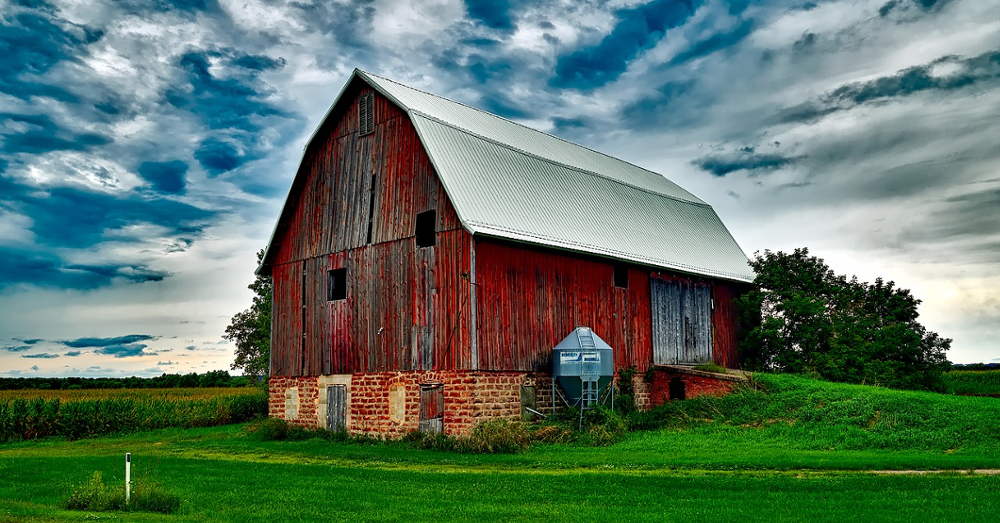
How Do We End ‘Food Apartheid’ in America? With Farms Like This One
Soul Fire Farm in upstate New York delivers fresh, nutritious food to poor communities.
June 12, 2017 | Source: Alternet | by Rochaun Meadows-Fernandez
As the cost of living rises and wages stay the same, millions struggle to afford nutritious food. Wealth inequality, systemic oppression and lack of access to fresh produce are key factors in this problem. Poor communities are often flooded with fast-food restaurants. For working people with low wages, a $5.20 meal from McDonald’s is very tempting when there is a McDonald’s on every corner. Communities that are most vulnerable to food-related death and disease are inundated with fast-food restaurants.
This is no coincidence—fast-food companies are 60 percent more likely to advertise to children in predominantly black neighborhoods than in white neighborhoods.
“The fast-food industry disproportionately targets people of color,” explains Leah Penniman, program director and co-executive director of Soul Fire Farm. On the flip side, farmers’ markets are significantly more likely to take place in predominately white neighborhoods. A white community is three times more likely to have healthy food and grocery stores than black communities.
Research reveals similar marketing trends in poor neighborhoods. Marketing tactics are done in conjunction with toys to appeal to children. But this appeal hides terrible health consequences. Eating fast food in youth is linked to lifelong trends such as higher rates of obesity and higher body fat percentages and insulin levels. And more than 30 percent of children have a drink or meal from a fast-food restaurant daily.
“If we want a society that values black lives, we cannot ignore the roles of land and food,” says Penniman.
Penniman’s love for the land began early in life. When being the only black family in her neighborhood led to bullying, the forest welcomed her with open arms. Her love affair with the land transformed into a passion for environmental justice and joining the fight for food access. Soul Fire Farm was a direct response to the food apartheid conditions Penniman witnessed in the south end of Albany.
“We wanted to start a farm for the people that would do doorstep delivery of low-cost food to families that otherwise would not have access to that food,” Penniman recalls.
